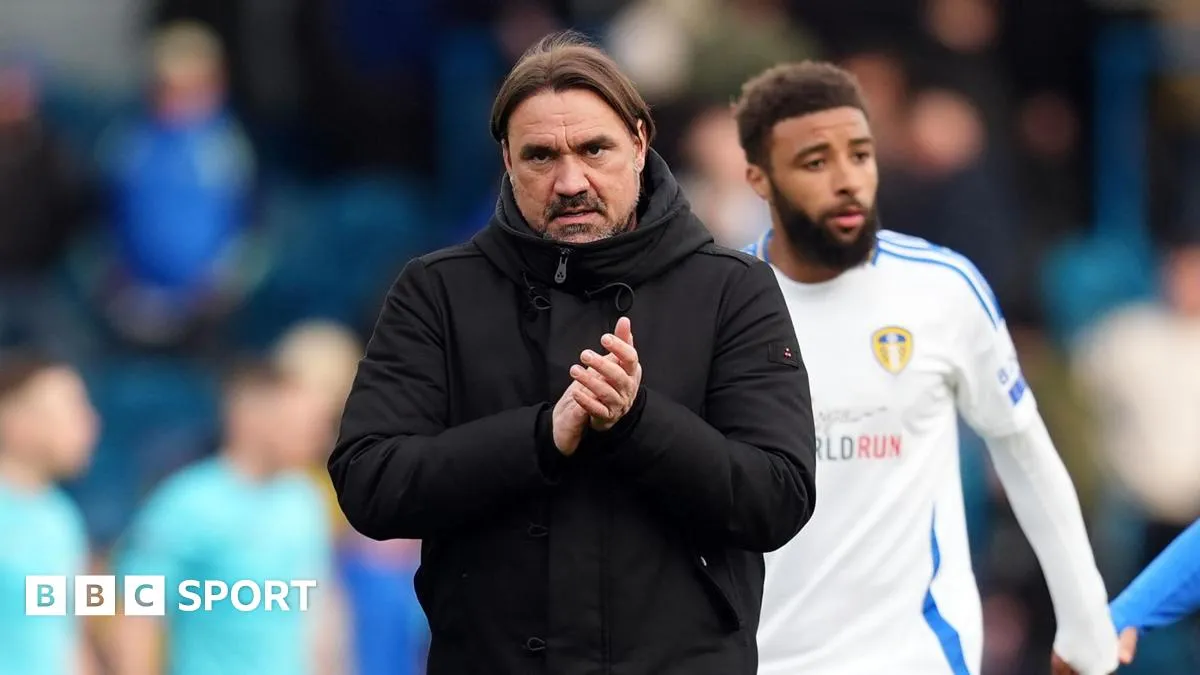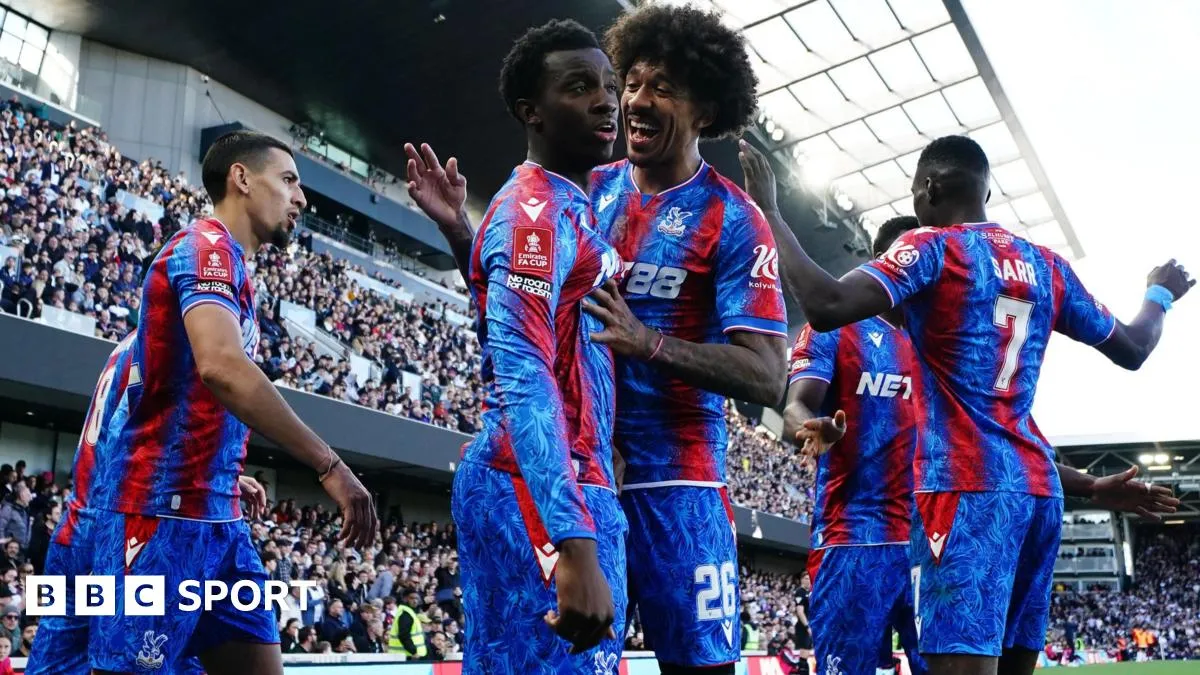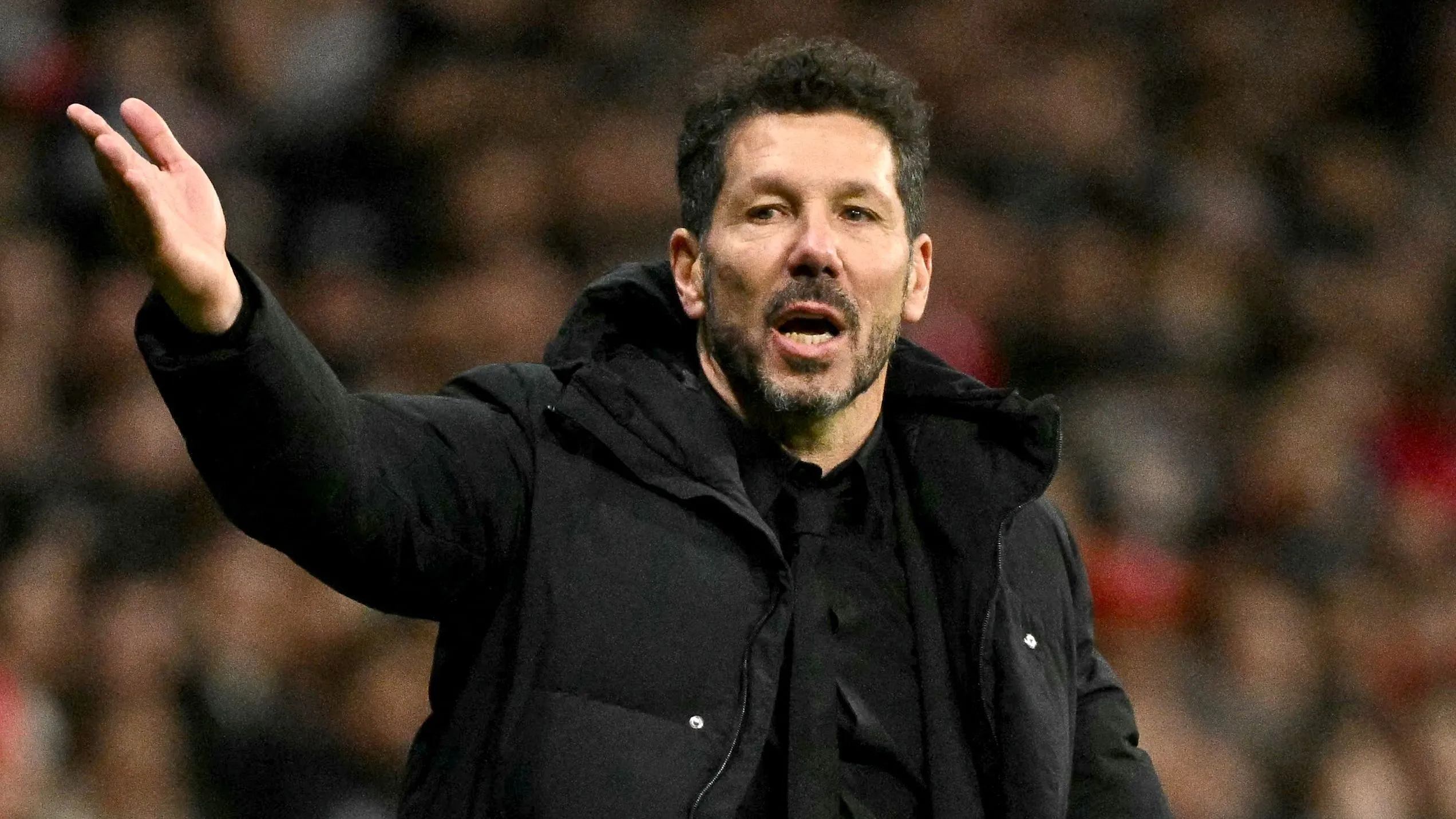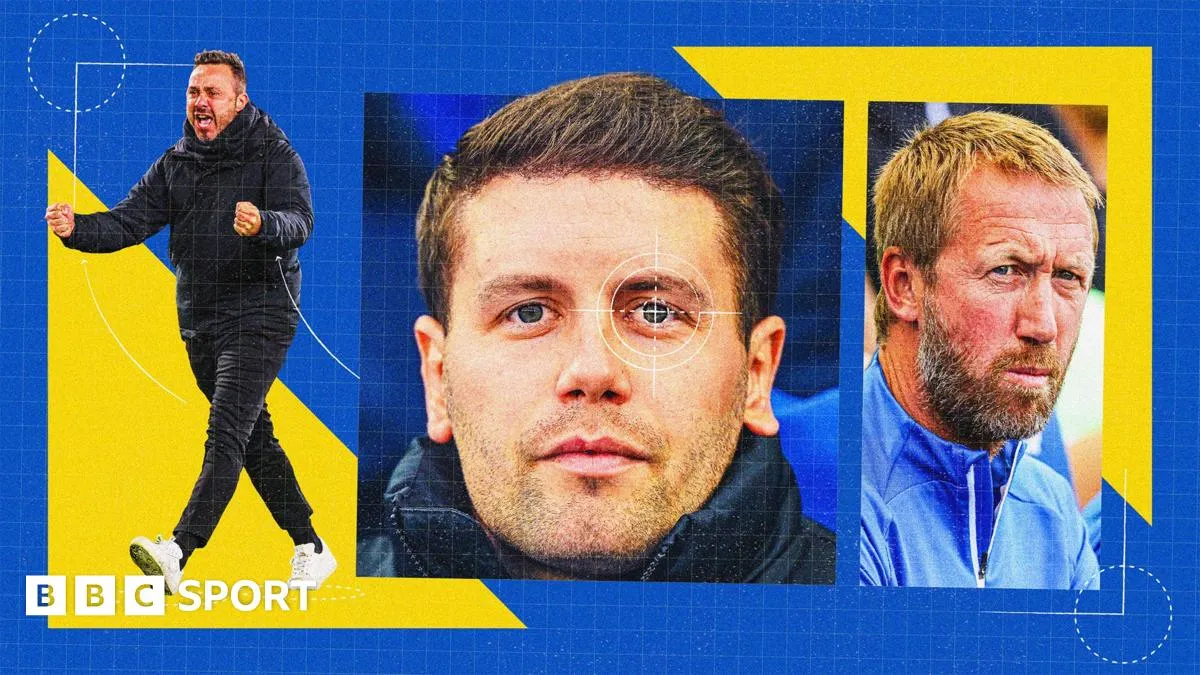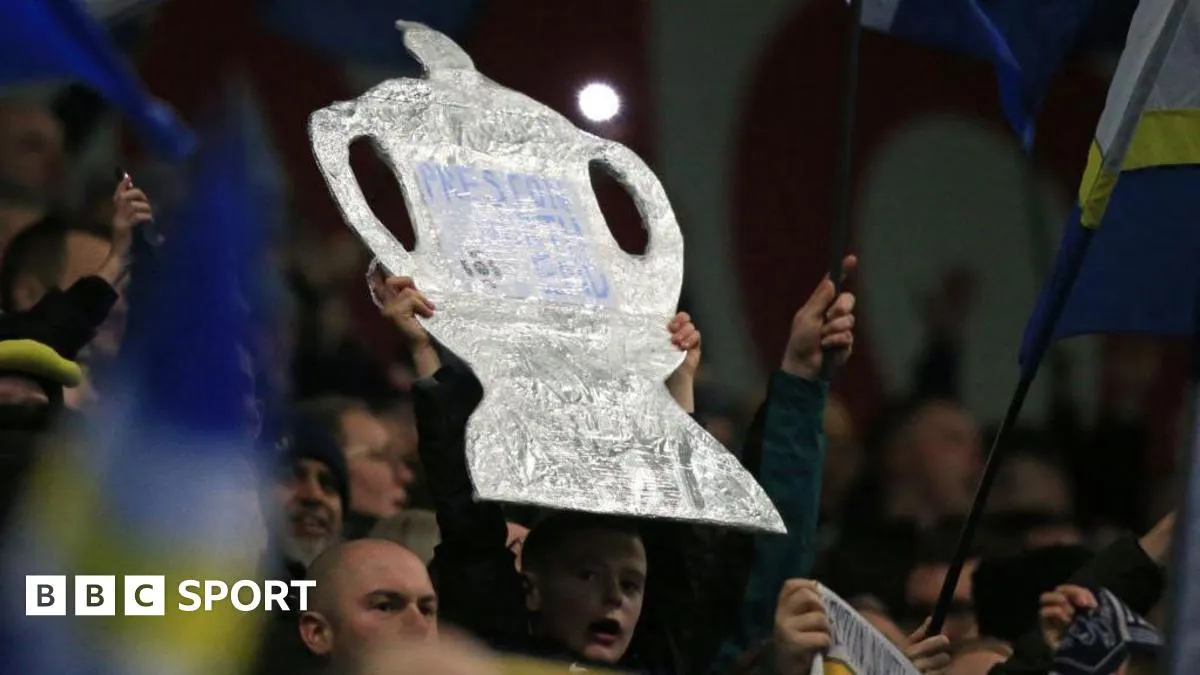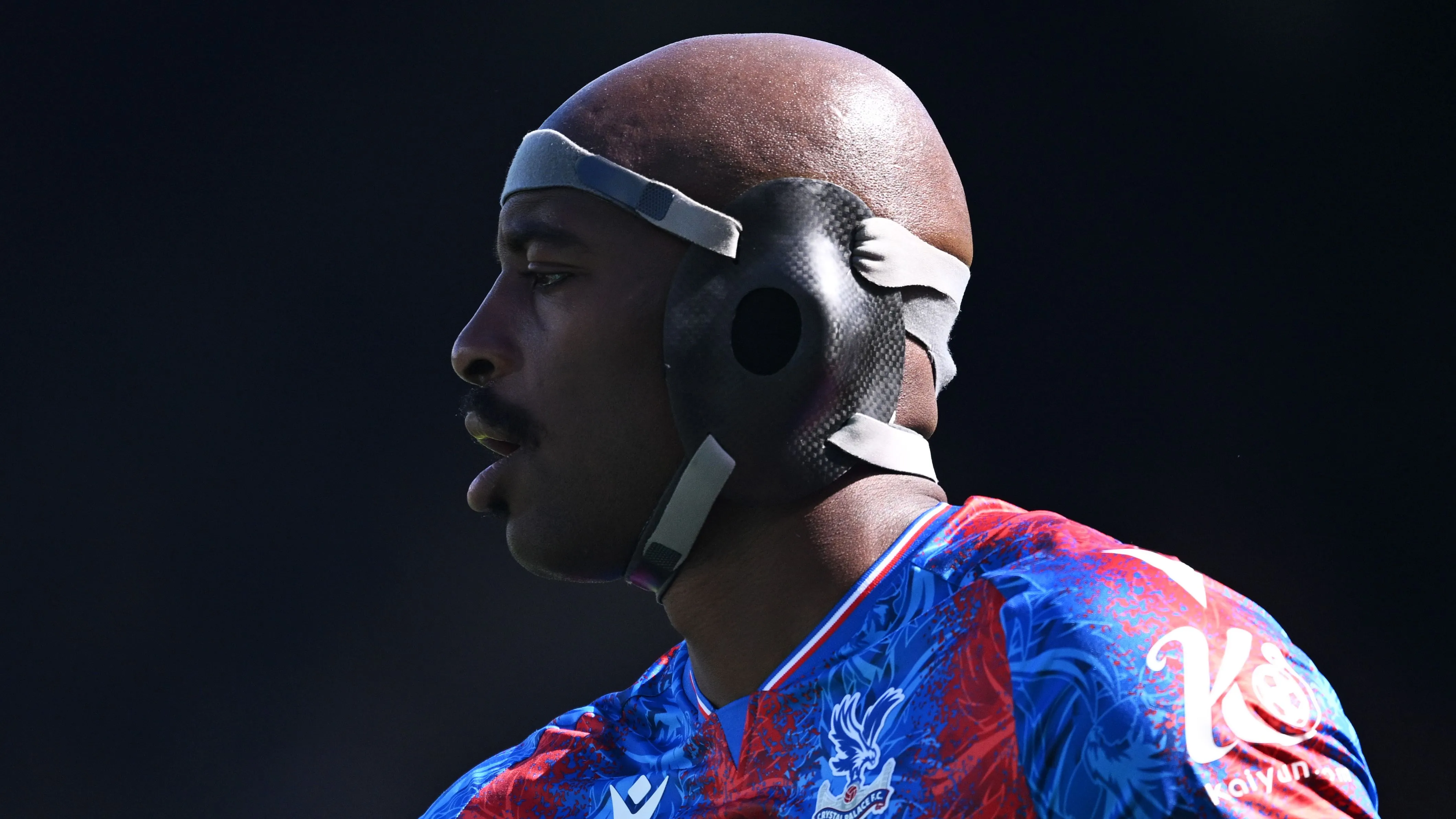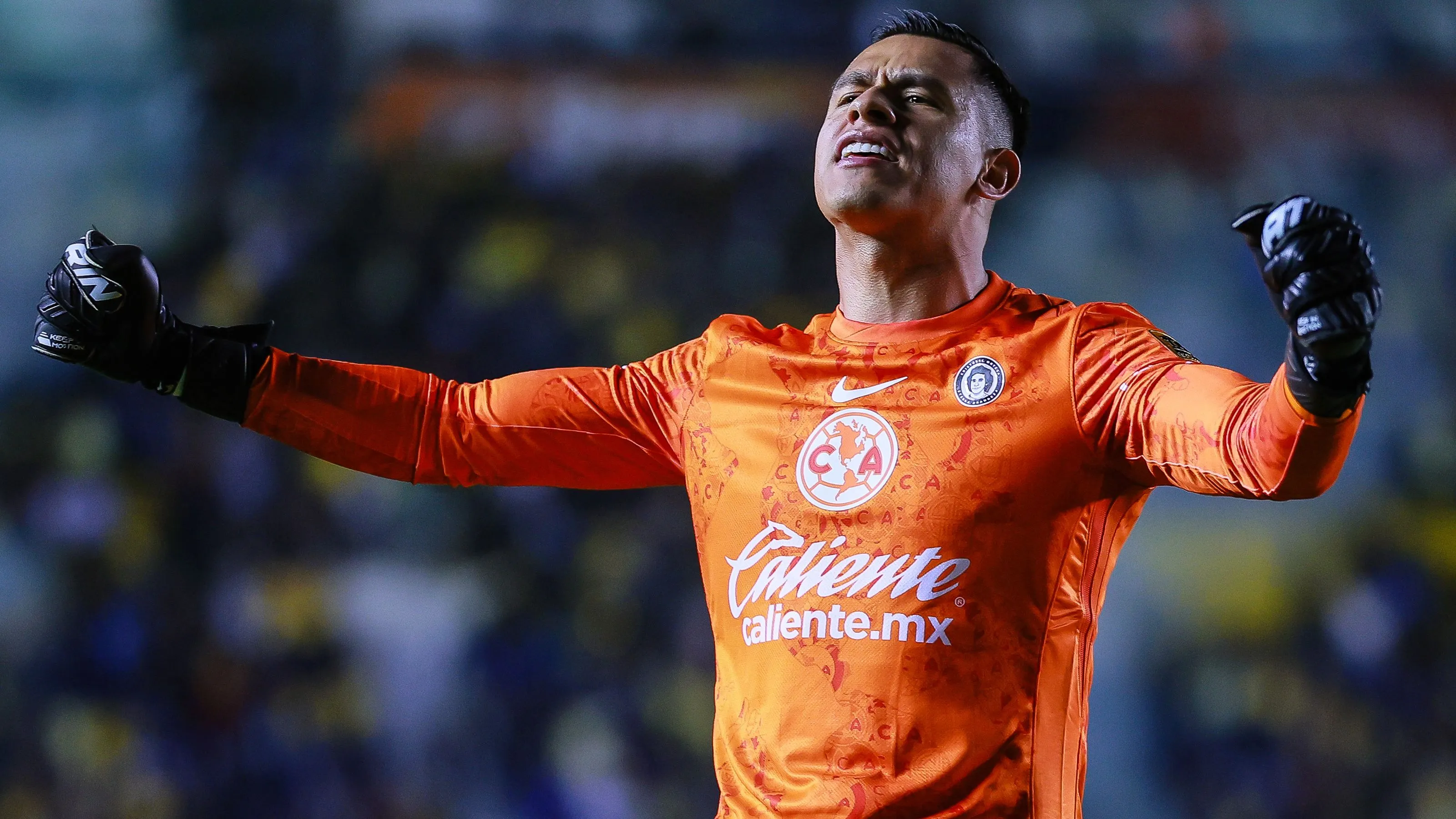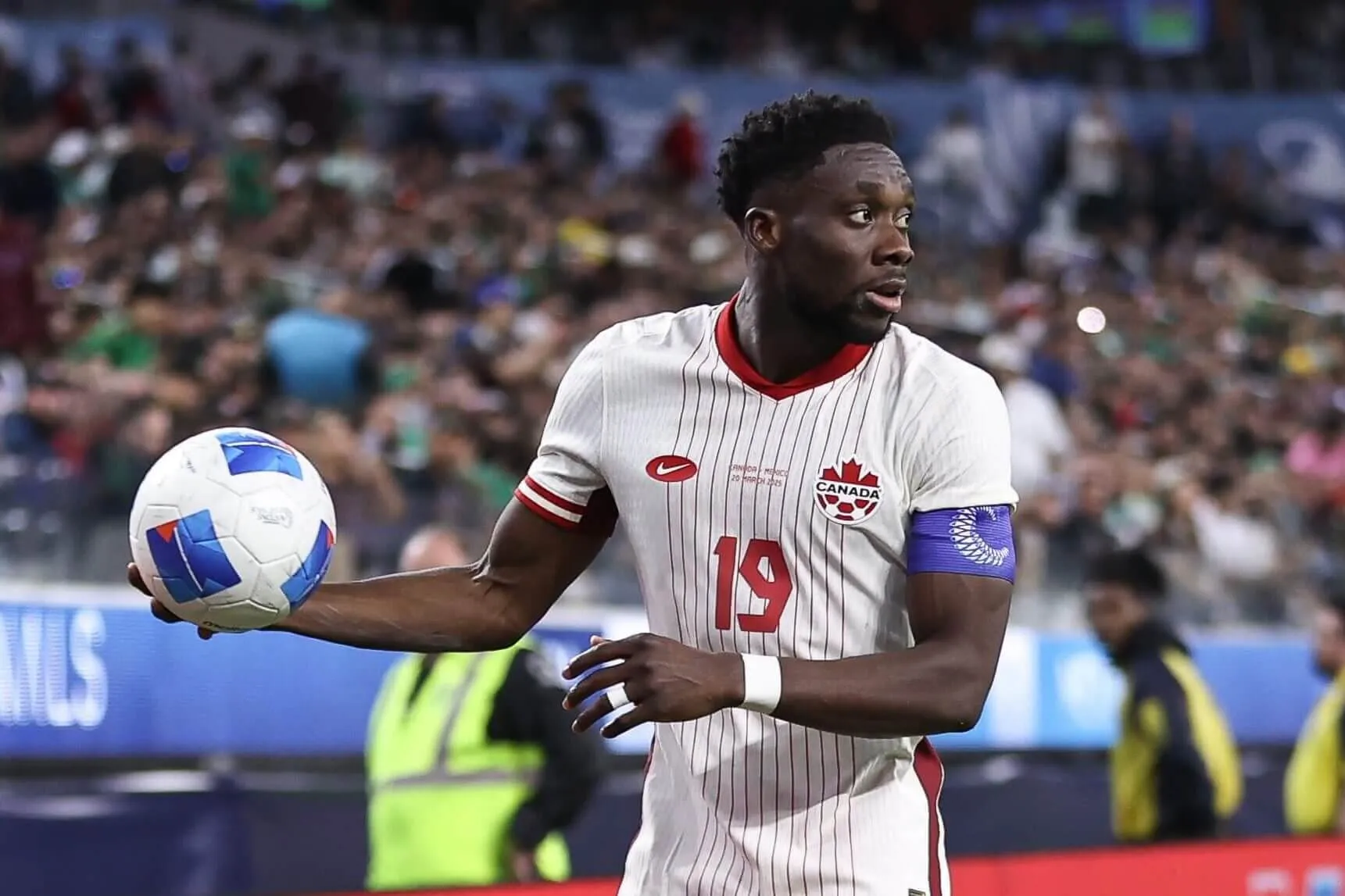
Ange Postecoglou's Tottenham Hotspur has become the focal point of discussions surrounding injury management in the Premier League, with widespread speculation about the causes of their current injury crisis. However, BBC Sport columnist Nedum Onuoha suggests that the reality is more complex than commonly assumed.
The narrative surrounding Tottenham's injury woes has often centered on Postecoglou's high-intensity playing style and training methods. Yet, Onuoha points to Liverpool under Jurgen Klopp as a counterexample, noting that despite their similarly demanding approach, they haven't experienced comparable injury problems over multiple seasons.
"Is it their centre-backs or full-backs being asked to get forward into midfield that is meant to be causing them to break down?" Onuoha questions, highlighting that other teams, including Postecoglou's former club Celtic, employ similar tactical approaches without suffering the same consequences.
Anton McElhone, Postecoglou's former fitness coach at Celtic, provides additional insight into the situation. He explains that while players typically face their greatest adaptation challenges during Postecoglou's initial arrival, Tottenham's current struggles in year two suggest other factors are at play.
The dynamics between managers, medical staff, and players create a complex web of decision-making when it comes to injury management. As Onuoha explains, "In an ideal world, the manager listens to the medical staff, who are in tune with the players' fitness levels and their needs around any injuries." However, pressure from poor results can lead to increased risk-taking from all parties involved.
A prime example of this complexity was seen in Pape Matar Sarr's case during Tottenham's defeat by Leicester, where Postecoglou revealed the player wasn't fully fit but still wanted to play. Similarly, the return and subsequent reinjury of Cristian Romero and Micky van de Ven against Chelsea in December likely stemmed from the players' own determination rather than managerial pressure.
Onuoha emphasizes that playing schedule, rather than playing style, often has a more significant impact on injury occurrence. The combination of frequent matches, international duty, and existing injuries can create a challenging cycle where players struggle to maintain match fitness.
This pattern is evident not only at Tottenham but also at Manchester City, where defenders like Ruben Dias, John Stones, Nathan Ake, and Manuel Akanji have faced recurring injuries this season. The situation demonstrates how a few initial injuries can quickly escalate when rotation options become limited, creating a snowball effect that's difficult to control.
The broader lesson from Tottenham's situation appears to be that injury crises often result from a complex interplay of factors, rather than any single cause. As the Premier League continues its demanding schedule, understanding and managing these various elements becomes increasingly crucial for all clubs seeking to maintain their squad's fitness throughout the season.

